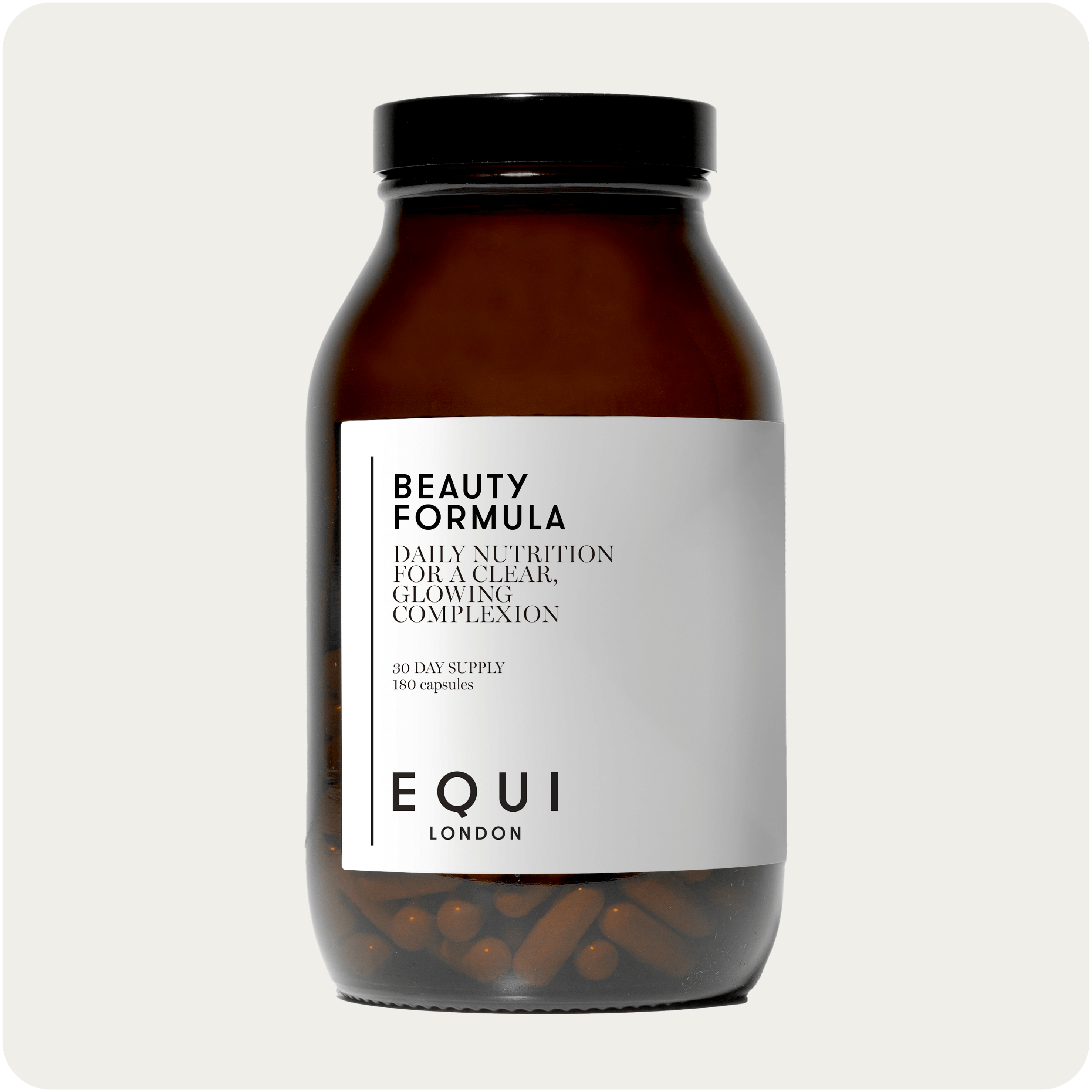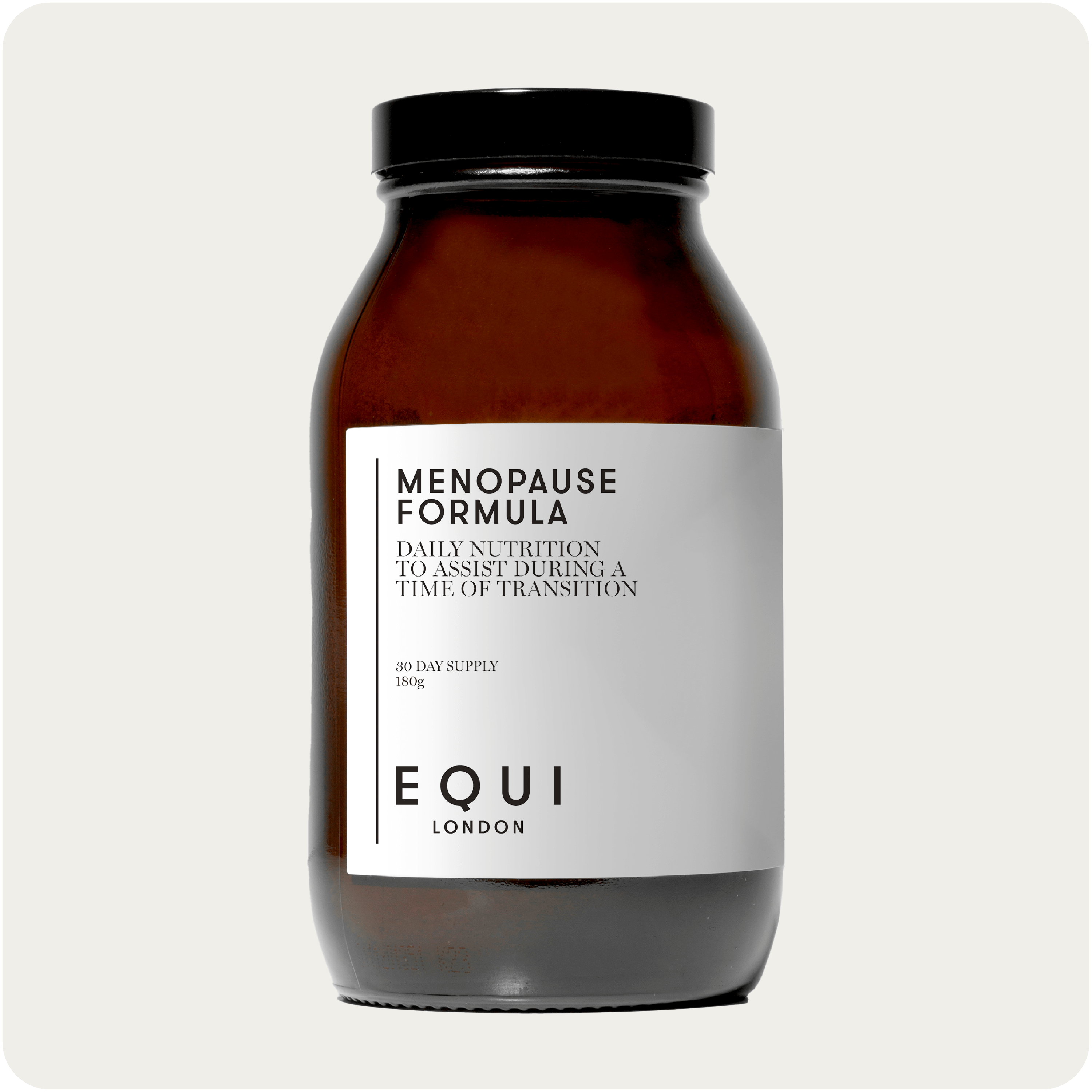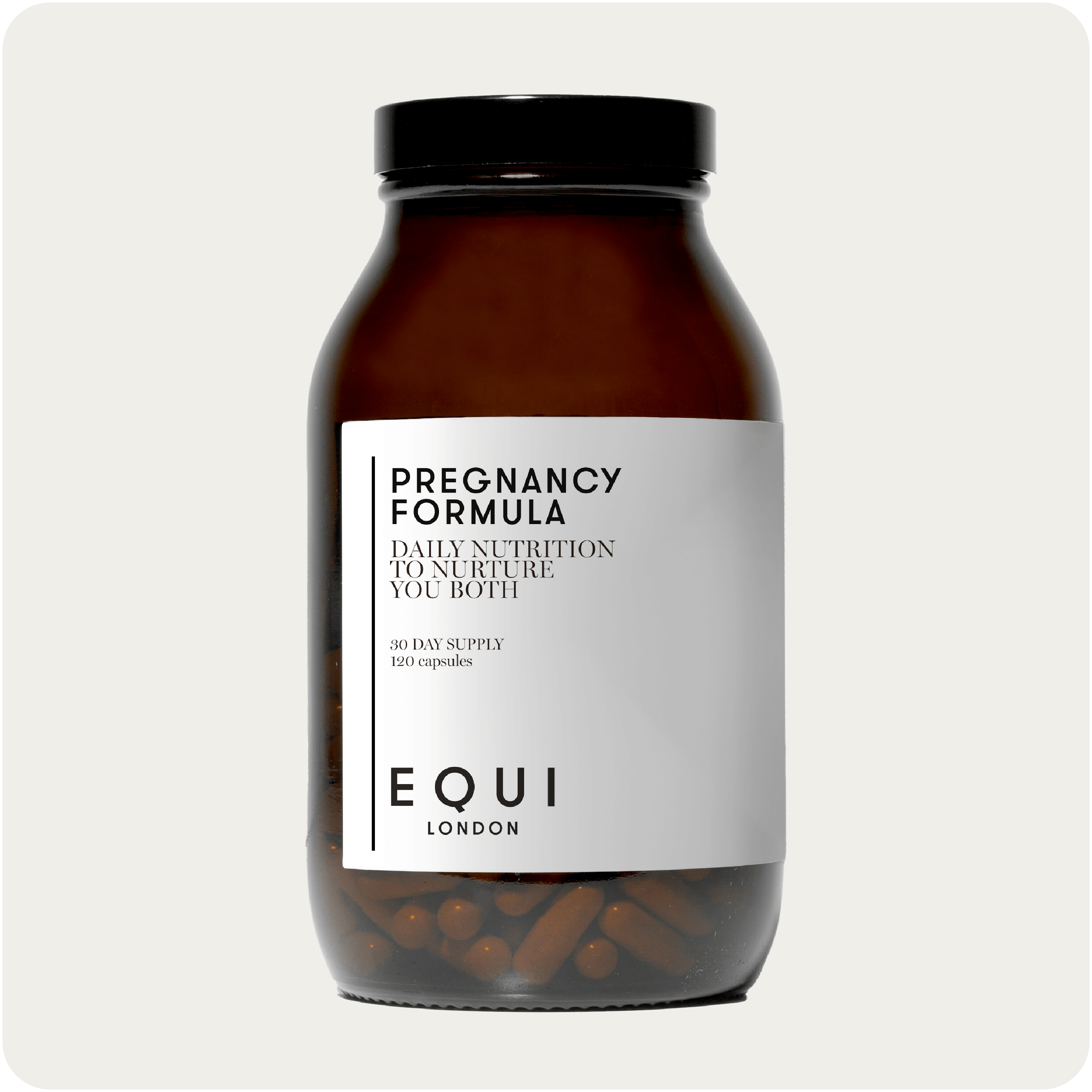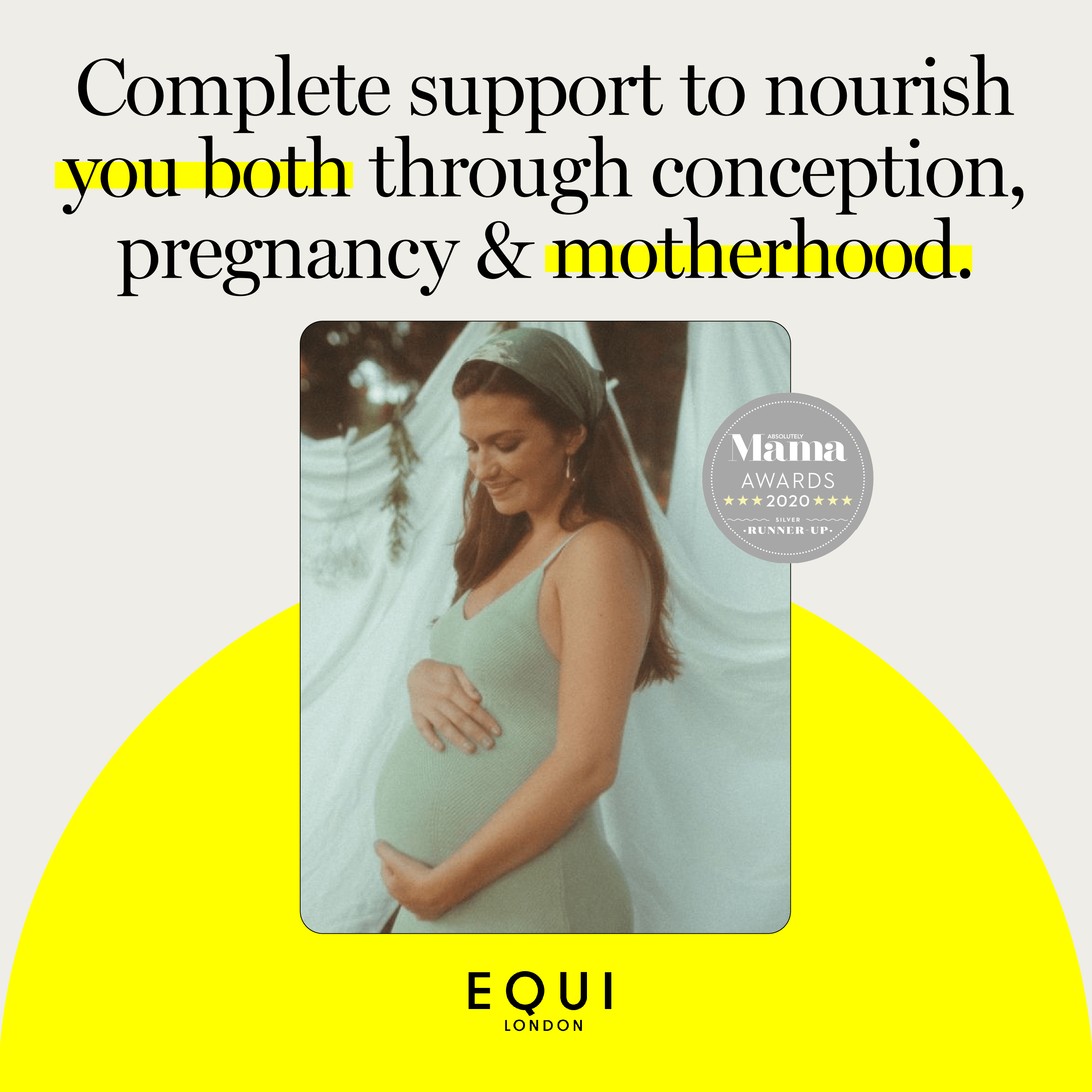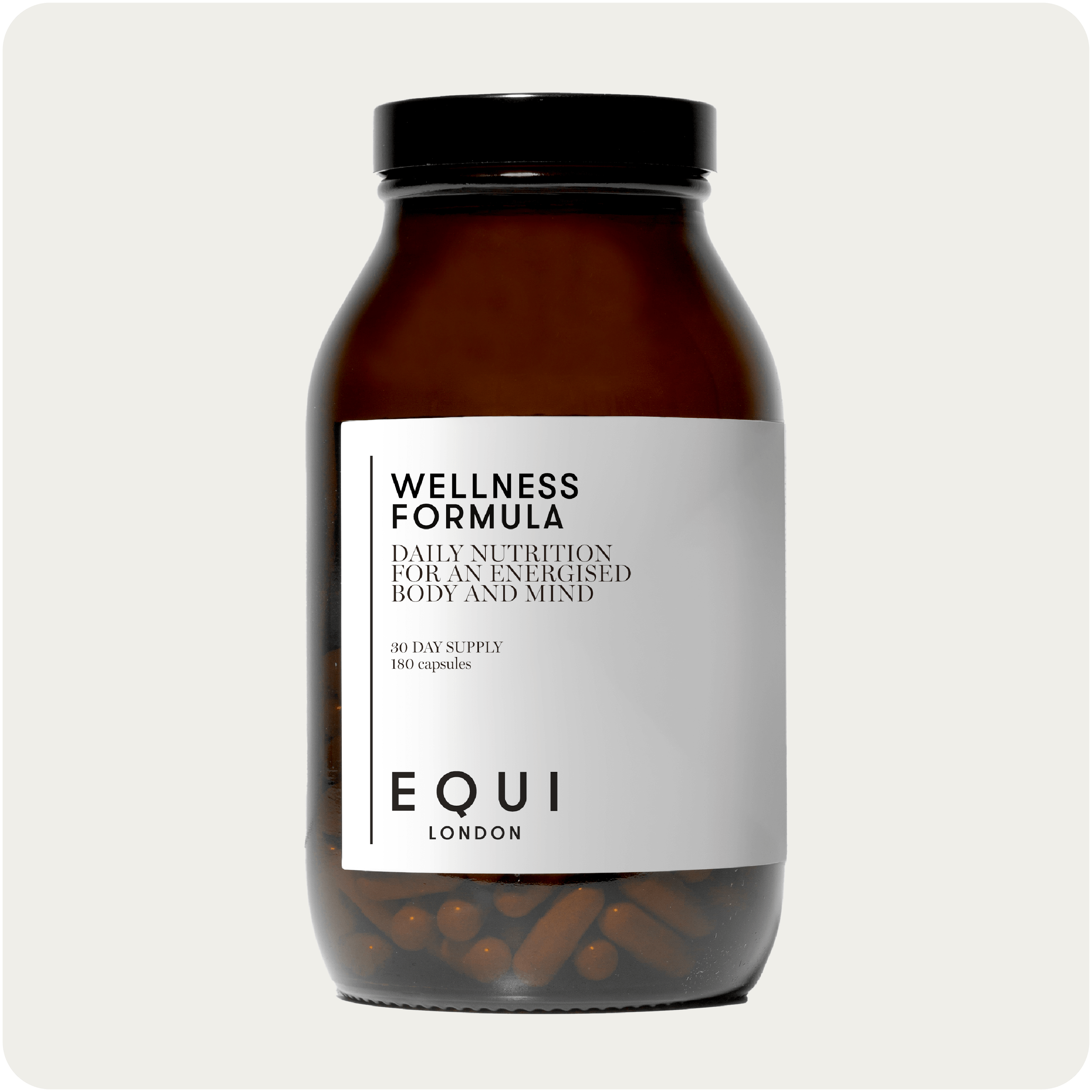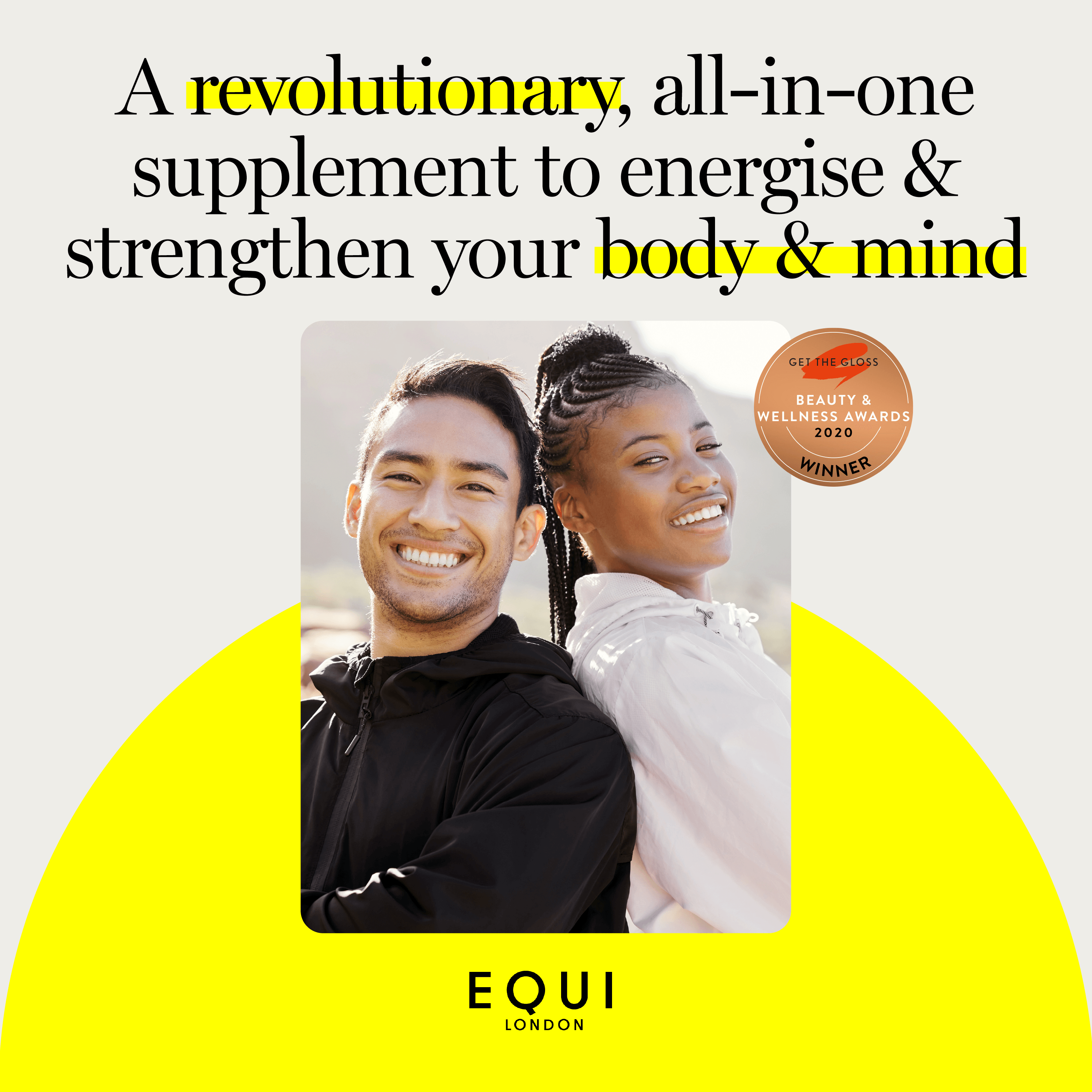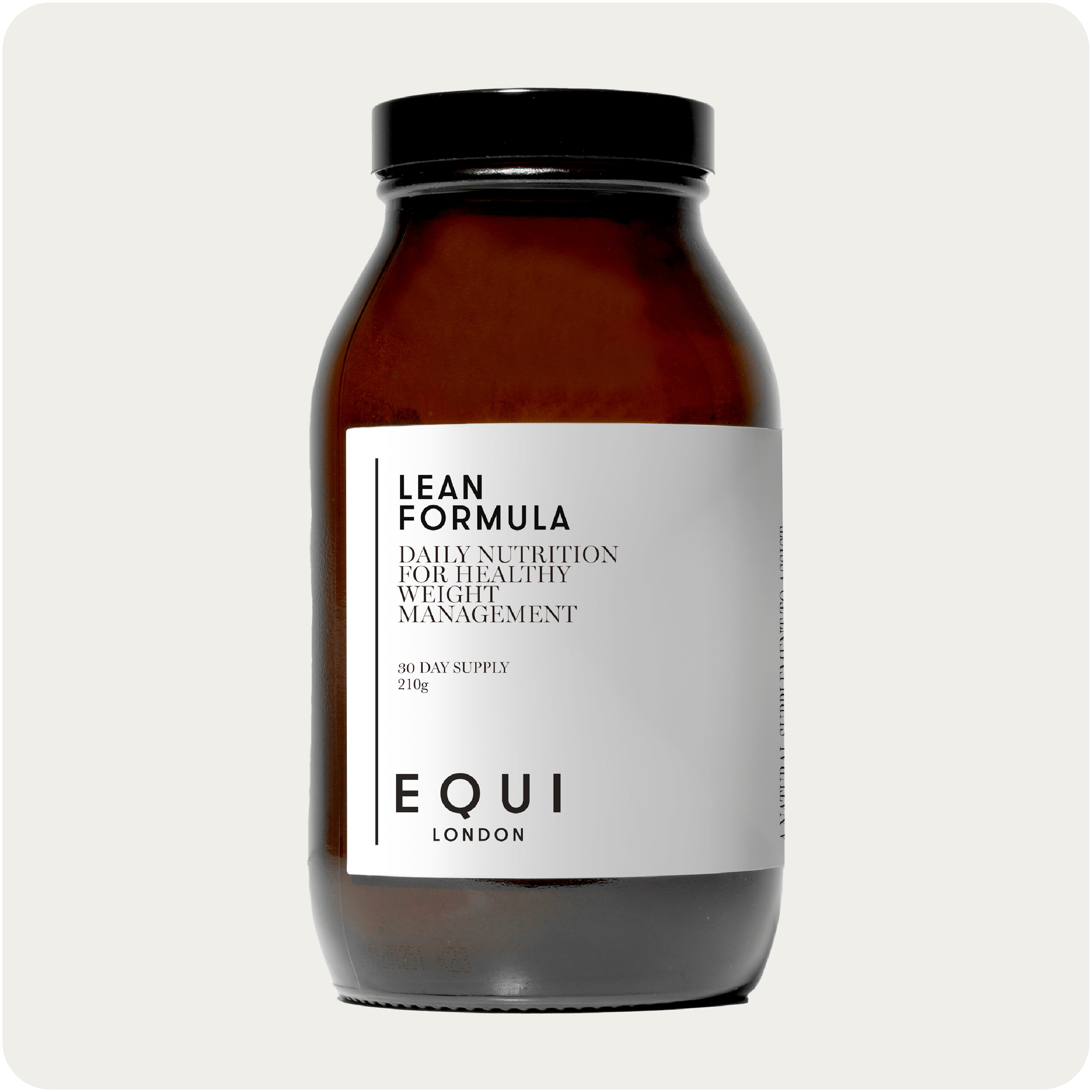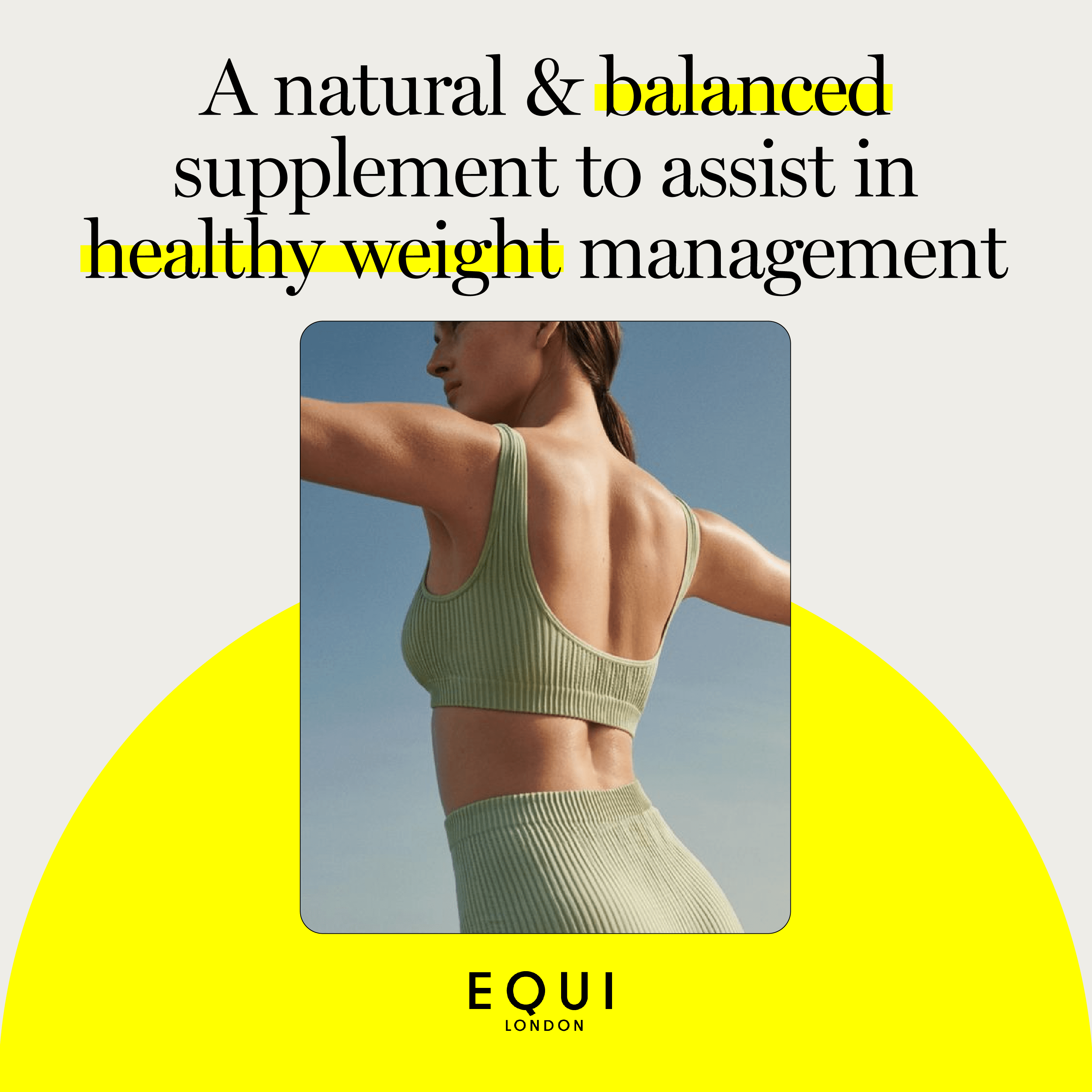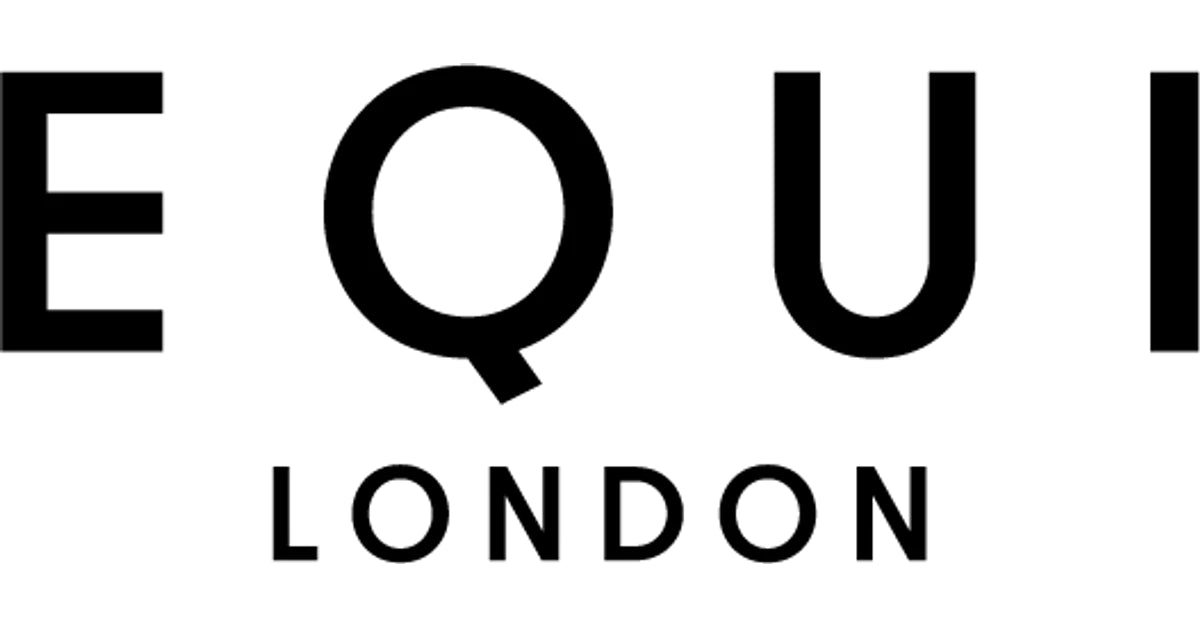
8 nutrients that often get missed in your average female supplement.
Many supplements for women that are available in your local health food store or pharmacy will likely come in the form of a basic multivitamin and mineral. As well as being branded for women, perhaps with a celebrity endorsement, they tend to have a very few minor differences to the vitamin and mineral levels found in the typical men’s product, or a regular multivitamin.
Though there are definitely some different nutritional requirements for women and men - which we will outline below, at Equi we believe that there should be deeper considerations given to formulating supplements for women. When you throw into the mix our hugely impactful hormonal fluctuations, childrearing, stress, anxiety or low mood, monthly periods, modern work-out regimes as well as the fact that we don’t always tend to eat a perfect diet everyday, it’s easy to see why the average multivitamin for women might be a bit too superficial for our complex needs.
So our experts have rounded up some of the most useful and important ingredients for women and the best forms these nutrients come in which is really important (you may already know this if you follow Equi because we talk about it a lot!) We also included where to find these nutrients through diet, so you can be sure to eat the right things too… let’s not forget that nothing replaces this.
Also remember everyone is different, and it’s always a good idea to get your nutrient levels checked yearly if you can with your doctor or nutritionist, especially if you adhere to a specific diet or have complaints such as low energy, poor skin hair and nails or sluggish immunity or thyroid function.
This is by no means an exhaustive list, but the following 8 ingredients are key ones that we often see getting missed, or being added in less than ideal forms to female multivitamins:
1 Adaptogens – If you follow us and our philosophy, you may have picked up on the fact that we love adaptogenic herbs. These herbs are so called because they help to support our adrenal function in the body, having a balancing effect on our hormonal output. Ashwagandha for example, a well researched Ayurvedic herb that has been used for thousands of years in India, can help to reduce excessive cortisol (one of our stress hormones) levels in anxious individuals(1), and may also help to promote healthy sleep cycles. They can also have a supportive impact on immunity, mood and our reproductive hormones, likely as a result of helping us cope better with stress.
They are useful for men as well as women, but we really believe that the average busy modern woman can benefit from these balancing herbs, especially if they are overworked, stressed, not sleeping enough and have symptoms such as low energy, imbalanced hormones and anxiety.
2 Iodine – A study in 2011 involving more than 700 teenage girls over the UK found more than two-thirds had a deficiency, and this is a problem because it is essential for hormone balance, energy and thyroid function. It’s also needed for foetal brain development during pregnancy. Though the extent of iodine deficiency is not currently known, the increased number of people going dairy-free may be contributing, as milk is a good source of iodine.
Best supplementary form – kelp, seaweed or potassium iodide. UK NRV – 150mcg
Good food sources – dairy, seaweed, sea vegetables such as samphire, seafood and fortified grains or iodized salt.
3 B12 – One of the UKs most common nutrient deficiencies, with the potential to become more of an issue for those going plant-based, as this nutrient is found only in animal foods. Women are reported to eat less met than men, so this is one to watch, and it’s also vital for iron metabolism which is especially important for women who are at higher risk of anaemia. Vital for absolutely everything, including nervous system health, mood, energy, detoxification and heart health. It’s also essential for keeping our hormones balanced, so get this checked yearly by your GP.
Best supplementary form - Methylcobalamin & Adenosylcobalamin are the best, most active forms of B12 as don’t require any metabolic conversions, so chose these over cyanocobalamin (a common cheaper form). UK NRV – 5mcg.
Good food sources – all meat, fish, eggs, seafood and dairy.
4 Super grasses, algaes and superberries – so you didn’t manage to eat your 8 portions of veggies and 2 colourful fruits every day this week because you ate out over the weekend, were travelling, or because the kids only want to eat pasta for dinner and you were too tired after work to cook twice (zero judgement here). Superfoods definitely don’t replace these crucial foods, but they can help to deliver fibre, antioxidants and food-state vitamins and minerals. This is why we like to call with natures multivitamin!
Best types – spirulina, chlorella, wheatgrass, barley grass, acerola cherry, pomegranate, amla berry or moringa.
6 Iron – Our nutritionist Alice Mackintosh talks about iron regularly, as she see’s levels low in many women in her clinic. This is because they are more predisposed to iron deficiency than men (blame periods & childbirth) and need double the amount than men do daily! If you have heavy periods, or you're pregnant/breastfeeding you need even more. Get your blood iron and ferritin checked yearly with your GP, and aso ask for ferritin. This represents stored iron, and is important to check because for some this is low, even though iron blood levels can be normal.
Best supplementary form – avoid ferrous sulphate, it can cause digestive problems. We prefer ferrous gluconate, or Ferrochel, a specialist chelated form that has superior absorption without the nasty side effects. NRV 14mg (in the USA they suggest 27mg/day for pregnant women)
Good Food Sources: Grass-fed red meat such as lamb and beef, dark poultry meat, beetroot, raw cacao, puy lentils, tomato paste, pumpkin seeds, dried apricots and figs (no more than 3 per day owing to sugar), black rice, organic dark green leafy veg.
7 Magnesium – Often missed out of multi-vitamins owing to it being quite bulky and therefore taking up a lot of room.. this means the average x2 capsule a day multi will rarely contain much magnesium. This is a shame, because it is a very important mineral for nervous system, mental health, muscles, energy and sleep. Women living a fast paced, on-on the-go lifestyle can often benefit from having more magnesium in their diet. Marathon runners or anyone doing a lot of training should take note here, as it may help to support muscle recovery.
Best supplementary sources – go for magnesium bisglycinate, or magnesium citrate powder. NRV – 375mg/day.
Good food sources - Dark green leafy veg, wholegrains like oats and brown rice, banana, raw cacao/dark chocolate.
You can also try Epsom salt baths x2 per week.
8 Choline – a little known water-soluble nutrient that is essential for many, many jobs throughout the body. One key role of choline is for brain function where it’s needed to insulate our nerves, which can help the brain communicate more quickly, as well as making acetyl-choline, our concentration hormone. It’s also vital for fertility and healthy baby-growth. The good news is that choline is found in many foods in a balanced diet, but a lot of us aren’t getting enough, either because we don’t eat it (it’s lower on a plant based diet) or because people have common gene variants that mean they don’t genetically process it very well and as such have a higher demand (2).
Best supplementary sources – VitaCholine (we use this in our Pregnancy Formula) or Citicholine.
Good food sources - Chicken liver (1/week is useful, or go for 2/month if you struggle with this), black pudding, egg yolk, edamame, sesame seeds/tahini, beef.
We use these key ingredients in our carefully crafted Formula range, so whether you choose Original Formula, Beauty Formula, Lean Formula or Pregnancy Formula, as you can be sure your body is getting all the important nutrients it needs.
References
- A prospective, randomized double-blind, placebo-controlled study of safety and efficacy of a high-concentration full-spectrum extract of Ashwagandha root in reducing stress and anxiety in adults. Chandrasekhar, K., Kapoor, J., & Anishetty, S. (2012). Indian journal of psychological medicine, 34(3), 255.
- Ganz AB, Klatt KC, Caudill MA. Common Genetic Variants Alter Metabolism and Influence Dietary Choline Requirements. Nutrients. 2017 Aug 4;9(8).
We would love to hear from you! Drop us a line, or check out our Instagram or Facebook to see what we are up to and hear about exclusive offers.
Disclaimer: No one diet or supplement regime works for everyone and you should always seek help from a GP and registered health expert before making changes to your diet, or before introducing any supplements. This is especially important when pregnant or if taking any medications.
